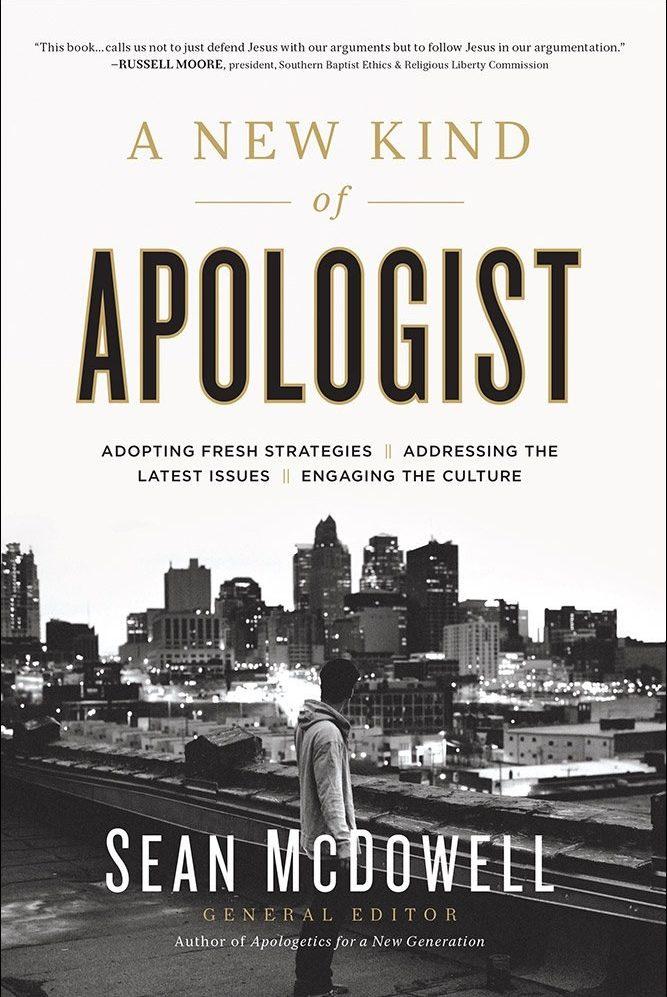“Fishing for People” on Social Media
Last night, my mom asked me how I handle criticism on social media. I certainly can’t pretend it never bothers me, but overall, I don’t let it get me down. And the biggest reason is because of my social media philosophy. Having a purpose for why I am on social media helps me filter the negative feedback.
And here it is: My goal is to “fish for people” online, as Jesus did “offline.” Let me explain.
Parables and the Kingdom of God
Jesus often taught in parables when addressing large crowds. Have you ever wondered why? Parables are certainly memorable and relatable. But there is another important reason.
Consider the parable of the sower (Mark 4:19). After sharing the parable to a very large crowd, Jesus says, “He who has ears to hear, let him hear.” The very next verse describes a small group of people around Jesus, including the twelve, asking him about the meaning of the parable.
Before explaining its meaning, Jesus says, “To you has been given the secret of the kingdom of God, but for those outside everything is in parables” (v. 11). In other words, Jesus reserves truth for those who are willing to sacrifice for it.
Many people came to Jesus for food and healing, but not necessary because of spiritual motivation. Not everyone who came to him was truly interested in becoming a disciple. Thus, he strategically used parables as a way of weeding people out who came to him with a closed heart and a closed mind. Jesus was willing to explain the spiritual meaning of a parable, but only to those who took the initiative to seek him out for an explanation.
This is one reason Jesus was such a good teacher. He tested people to see if they really had the heart and motivation for truth. If so, he shared it with them. If not, he let them walk away (e.g., the rich young ruler, Mark 10). While some people did seek truth, most seemingly walked away.
Paul on Mars Hill
Consider the example of the apostle Paul on Mars Hill (Acts 17:16-34). When he preached at the Areopagus, he told the Athenians that their “unknown God” had been revealed in the resurrected Christ. Some mocked him. Some wanted to hear again. And yet, a few believed.
Both Jesus and Paul preached to large groups and only a few became followers. Let that sink in: Most people who heard Jesus and Paul in person did not believe. If that is true for Paul and Jesus in person, wouldn’t that be true for us online? Of course.
Essentially, their strategy was to throw out bait (so to speak), and reel in the few willing to bite. Although it might surprise you, I don’t expect most non-believers to be convinced by my apologetics arguments. I don’t expect most people to respond to the gospel. And as with Paul, I do expect some to mock. Thus, I am not disillusioned when people reject my arguments and attack me personally. It’s part of following a crucified savior!
Fishing for People Online
Overall, my goal on social media is to strengthen Christians in their faith, and to entice open-minded skeptics to consider the Christian worldview. Whether in blogs, tweets, or videos, my goal is to "fish" for people genuinely interested in truth. When people mock, I ignore or respond with a kind word (I do fall short this this at times, by the way!). When people ask good questions, I do my best to respond. And when non-believers seem open to spiritual truth, I send them a deeper video or suggest one of these books.
Since I’m on Twitter, Instagram, Pinterest, Facebook, TikTok, and have a YouTube channel, criticisms roll in non-stop. The best way I have found to deal with it is to remember how people responded to both Paul and Jesus. It’s not about you. And it’s not about me. It’s about God’s kingdom.
Preach truth with winsomeness and kindness. Like fishing, some will respond. Pray for the rest.
_ _ _ _ _ _ _ _ _ _ _ _ _ _ _ _ _ _ _ _ _ _ _ _ _ _ _ _ _ _ _ _ _ _ _
If you are looking for a resource to help creatively engage both Christians and non-Christians today, check out A New Kind of Apologist.

